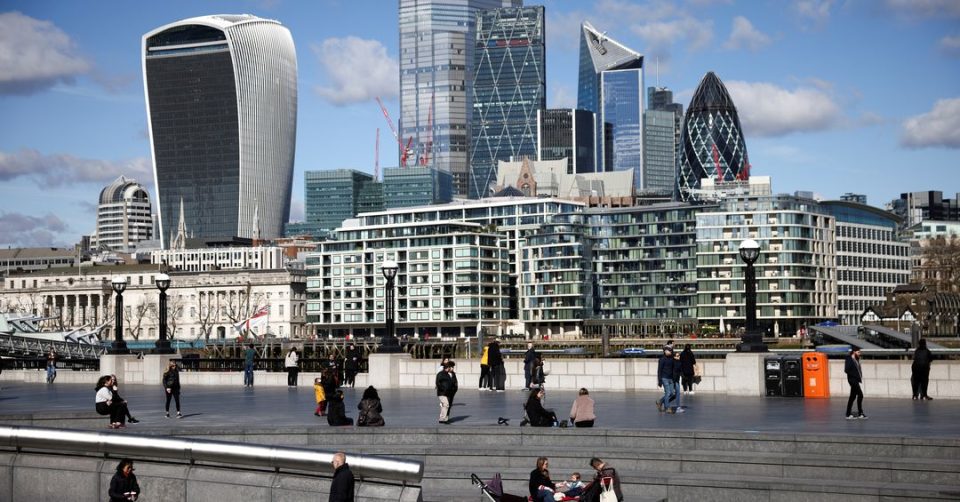The UK economy plunged for the first time in six quarters in three months. As Europe’s energy crisis drove inflation to its highest in about forty years, Gross Domestic Product (GDP) dropped 0.2 per cent from Q2. However, this was a slightly better outcome than the 0.5 per cent drop feared, thanks to a stronger-than-expected performance by the industry in September.
Reportedly, industrial production increased by 0.2 per cent. Manufacturing output was flat in the month. However, that wasn’t enough to stop GDP from contracting 0.6 per cent in September.
The figures put the UK on track for what the Bank of England (BoE) warned could be the most prolonged recession in decades, as surging inflation and bold interest rate increases hurt consumer and business sentiment.
In Q3, service sector output was flat, driven by a decline in consumer-facing services. The Office for National Statistics said that retail sales volumes declined 1.9 per cent in the period. Meanwhile, the production sector contracted by 1.5 per cent, with all 13 sub-sectors of the manufacturing sector registering a fall in output.
Q4 is unlikely to change the picture due to the market upheaval that accompanied Liz Truss’s short span as Prime Minister. Also, a sharp rise in regulated household energy prices has driven consumer confidence to a record low.
 Live
Live

